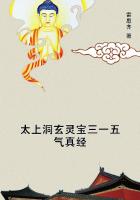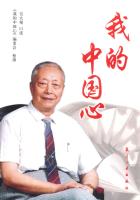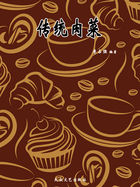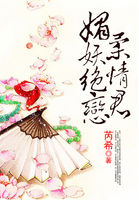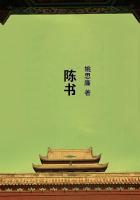Much was expected of Henry I., who immediately recalled Anselm from Lyons, where he was living in voluntary exile. He returned to Canterbury, with the firm intention of reforming the morals of the clergy and resisting royal encroachments. Henry was equally resolved on making bishops as well as nobles subservient to him.
Of course harmony and concord could not long exist between such men, with such opposite views. Even at the first interview of the King with the Archbishop at Salisbury, he demanded a renewal of homage by a new act of investiture, which was virtually a continuance of the quarrel. It was, however, mutually agreed that the matter should be referred to the new pope. Anselm, on his part, knew that the appeal was hopeless; while the King wished to gain time. It was not long before the answer of Pope Pascal came.
He was willing that Henry should have many favors, but not this.
Only the head of the Church could bestow the emblems of spiritual authority. On receiving the papal reply the King summoned his nobles and bishops to his court, and required that Anselm should acknowledge the right of the King to invest prelates with the badges of spiritual authority. The result was a second embassy to the Pope, of more distinguished persons,--the Archbishop of York and two other prelates. The Pope, of course, remained inflexible.
On the return of the envoys a great council was assembled in London, and Anselm again was required to submit to the King's will.
It seems that the Pope, from motives of policy (for all the popes were reluctant to quarrel with princes), had given the envoys assurance that, so long as Henry was a good king, he should have nothing to fear from the clergy.
These oral declarations were contrary to the Pope's written documents, and this contradiction required a new embassy to Rome;but in the mean time the King gave the See of Salisbury to his chancellor, and that of Hereford to the superintendent of his larder. When the answer of the Pope was finally received, it was found that he indignantly disavowed the verbal message, and excommunicated the three prelates as liars. But the King was not disconcerted. He suddenly appeared at Canterbury, and told Anselm that further opposition would be followed by the royal enmity; yet, mollifying his wrath, requested Anselm himself to go to Rome and do what he could with the Pope. Anselm assured him that he could do nothing to the prejudice of the Church. He departed, however, the King obviously wishing him out of the way.
The second journey of Anselm to Rome was a perpetual ovation, but was of course barren of results. The Pope remained inflexible, and Anselm prepared to return to England; but, from the friendly hints of the prelates who accompanied him, he sojourned again at Lyons with his friend the archbishop. Both the Pope and the King had compromised; Anselm alone was straightforward and fearless. As a consequence his revenues were seized, and he remained in exile. He had been willing to do the Pope's bidding, had he made an exception to the canons; but so long as the law remained in force he had nothing to do but conform to it. He remained in Lyons a year and a half, while Henry continued his negotiations with Pascal; but finding that nothing was accomplished, Anselm resolved to excommunicate his sovereign. The report of this intention alarmed Henry, then preparing for a decisive conflict with his brother Robert. The excommunication would at least be inconvenient; it might cost him his crown. So he sought an interview with Anselm at the castle of l'Aigle, and became outwardly reconciled, and restored to him his revenues.
"The end of the dreary contest came at last, in 1107, after vexatious delays and intrigues." It was settled by compromise,--as most quarrels are settled, as most institutions are established.
Outwardly the King yielded. He agreed, in an assembly of nobles, bishops, and abbots at London, that henceforth no one should be invested with bishopric or abbacy, either by king or layman, by the customary badges of ring and crosier. Anselm, on his part, agreed that no prelate should be refused consecration who was nominated by the King. The appointment of bishops remained with the King; but the consecration could be withheld by the primate, since he alone had the right to give the badges of office, without which spiritual functions could not be lawfully performed. It was a moral victory to the Church, but the victory of an unpopular cause. It cemented the power of the Pope, while freedom from papal interference has ever been dear to the English nation.




